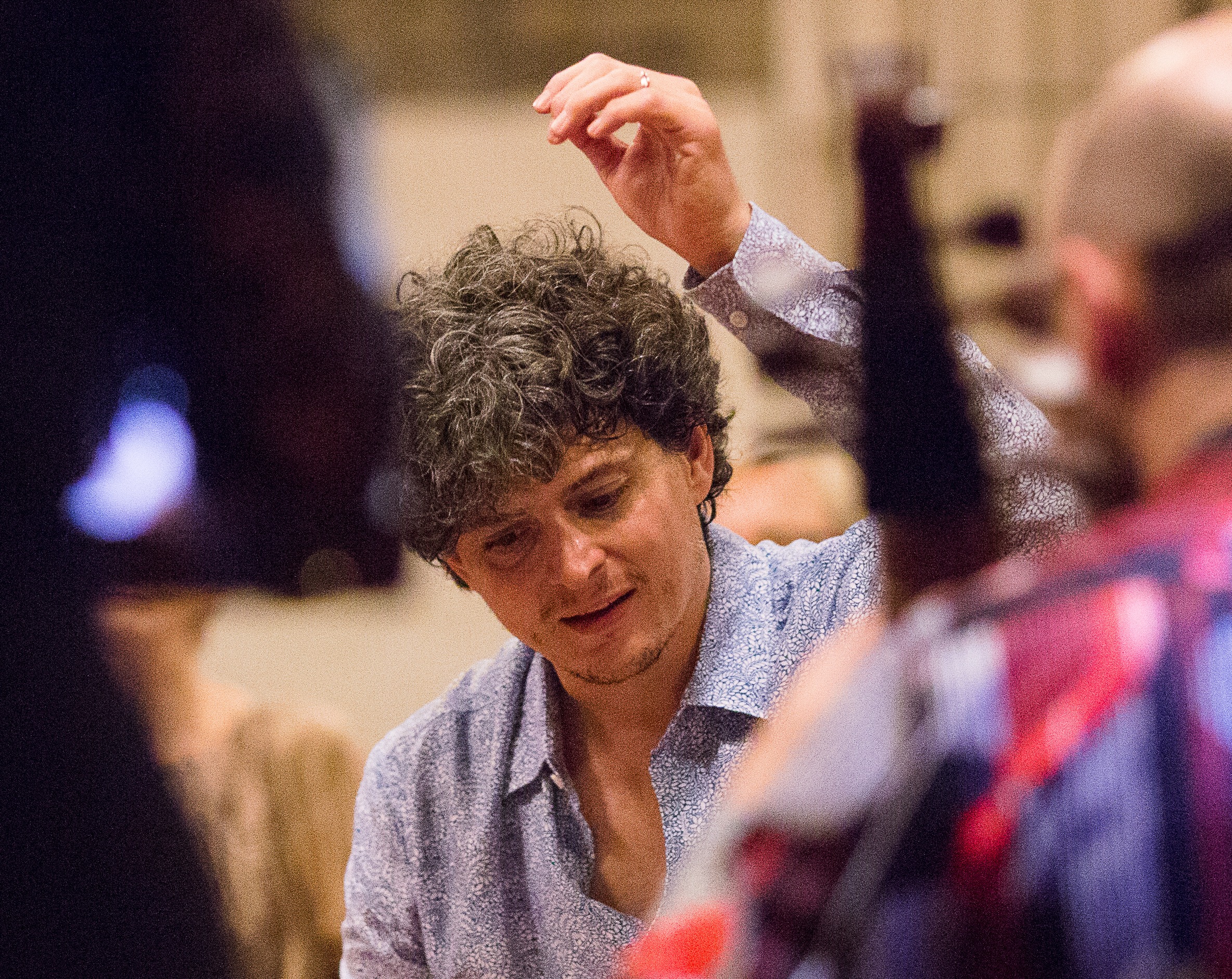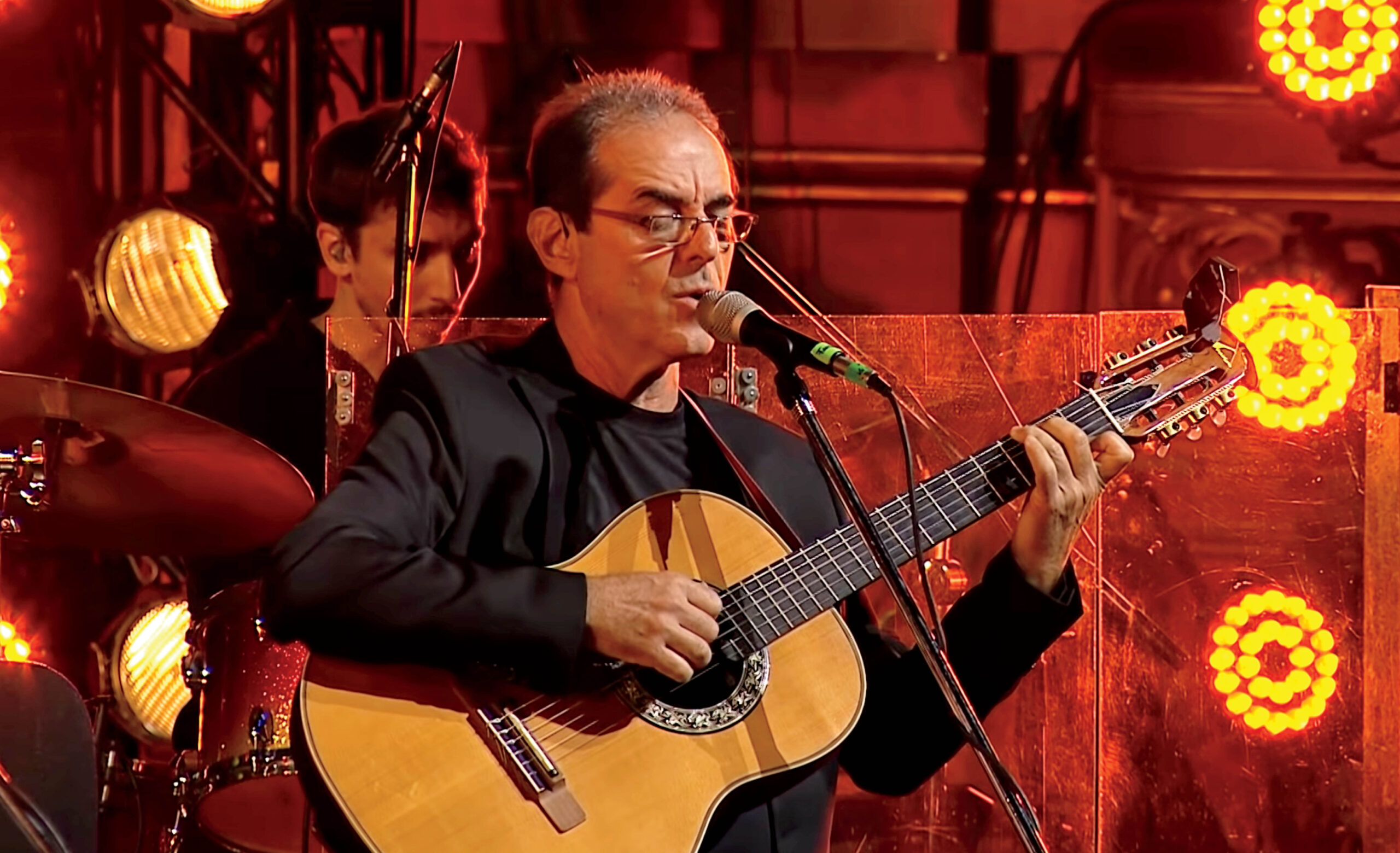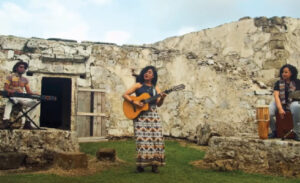This article is adapted from AQ’s special report on Latin America’s election super-cycle
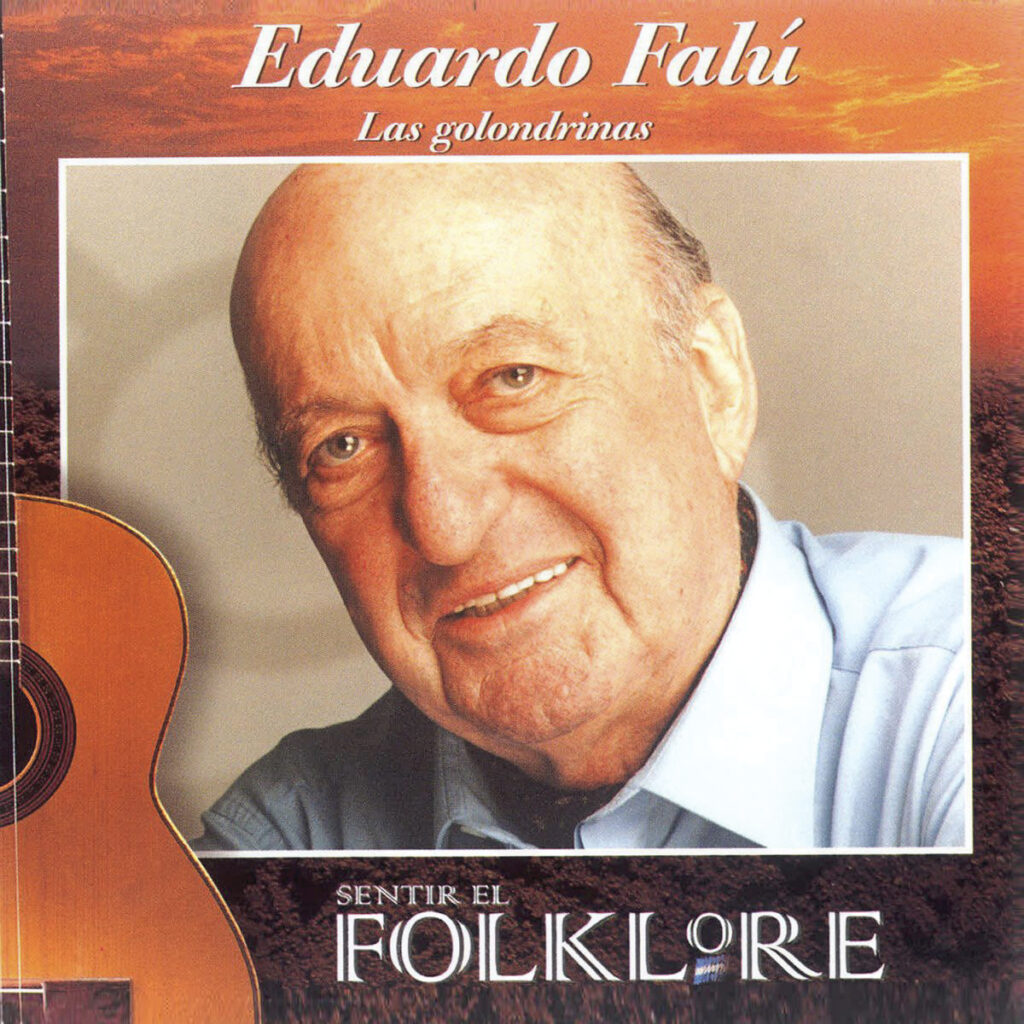
Las golondrinas
by Eduardo Falú
This AQ Playlist installment starts with a celebration of the centennial of legendary Argentine guitarist and composer Eduardo Falú. Over a five-decade career, Falú has offered an elegant take on his country’s folk music, with stylish singing and discreetly virtuosic guitar playing. His 1963 song “Las golondrinas,” with lyrics by Jaime Dávalos, turns the observation of a flock of swallows’ migration from a barn roof into a nostalgic meditation on the passing of time. Dávalos’ description of his intentions behind the poem are as evocative as the song itself: “I climbed on the barn’s roof and, laying on the still-warm zinc sheets, I looked up, trying to [see] all the swallows at once, without having to follow them one by one in their crazy flight through the deep blue.”
The song, written by one of the genre’s great power duos, is extremely popular among folk musicians in Argentina and has been covered several times. The composer’s interpretation highlights the song’s deceptively complex harmonies that veer subtly from the conventions of the style. The guitar playing is intricate and polyphonic, while Falú’s deep voice is full of curiosity and wonder.
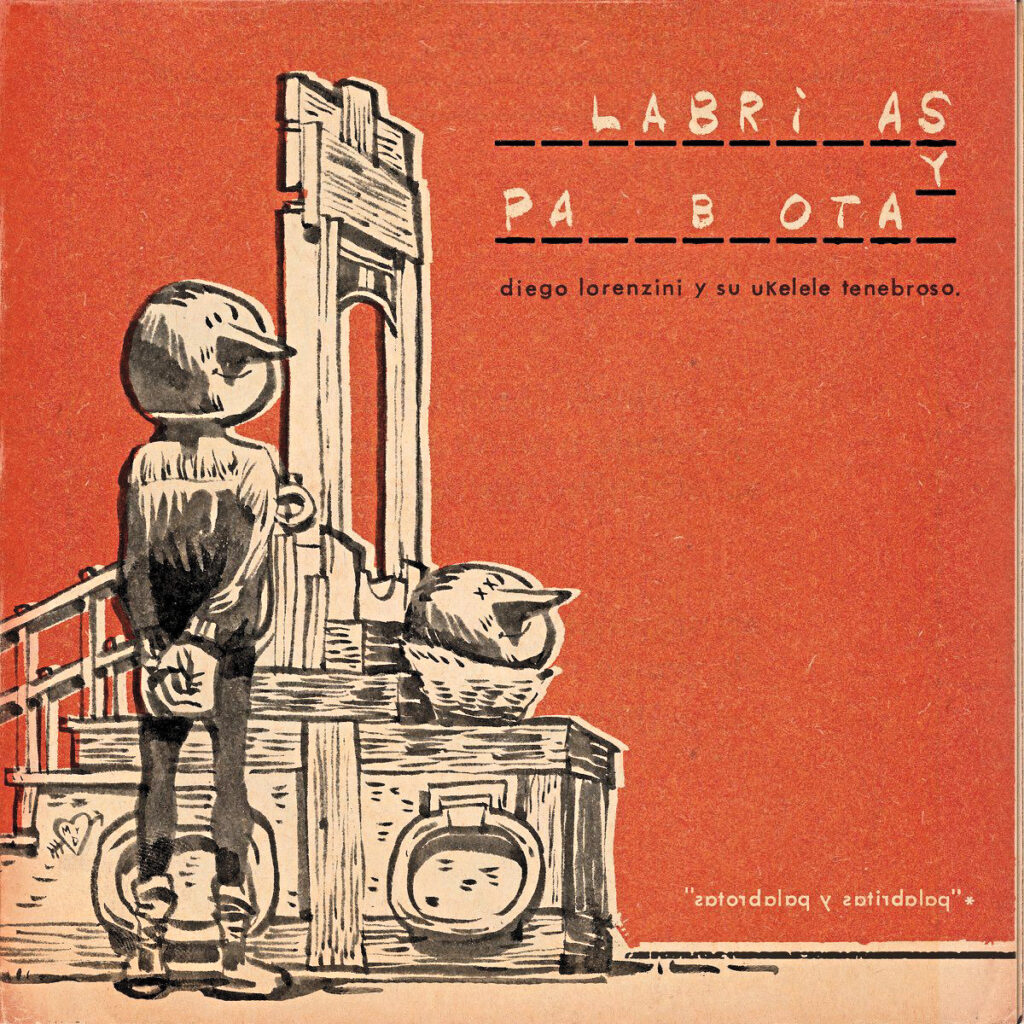
Palabritas y palabrotas
by Diego Lorenzini
In 2022, Chilean singer-songwriter Diego Lorenzini released Palabritas y palabrotas. Among the album’s 24 tracks is a minimalist, eerie version of “El romance del enamorado y la muerte,” a song written by his countryman Victor Jara, killed by the Augusto Pinochet regime 50 years ago, with lyrics from a late-medieval Spanish poem. Lorenzini’s version is like an electronic milonga, combining playful synthesized sounds and acoustic guitar, over which he layers his overdubbed voice in surprising arrangements that give life to the characters in this miniature play: the lovers, the narrator and death. The result is, as with the best covers, familiar, strange and dramatically illuminating. (Spoiler: the enamorado dies at the end.)
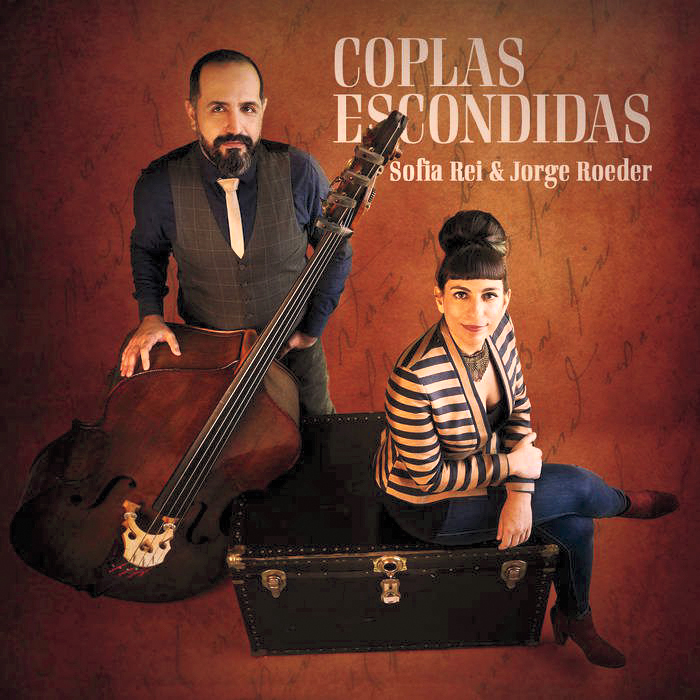
Coplas Escondidas
by Sofia Rei & Jorge Roede
New York-based Argentine singer Sofia Rei and Peruvian bassist Jorge Roeder released Coplas escondidas in 2023. They each have successful individual careers that span genres, and in this album, they revisit Latin American hits in the unusual format of voice and bass, an instrumentation that strips songs to their essence, as the bass, a mostly monophonic instrument, is in charge of supplying both harmony and rhythm to accompany the voice.
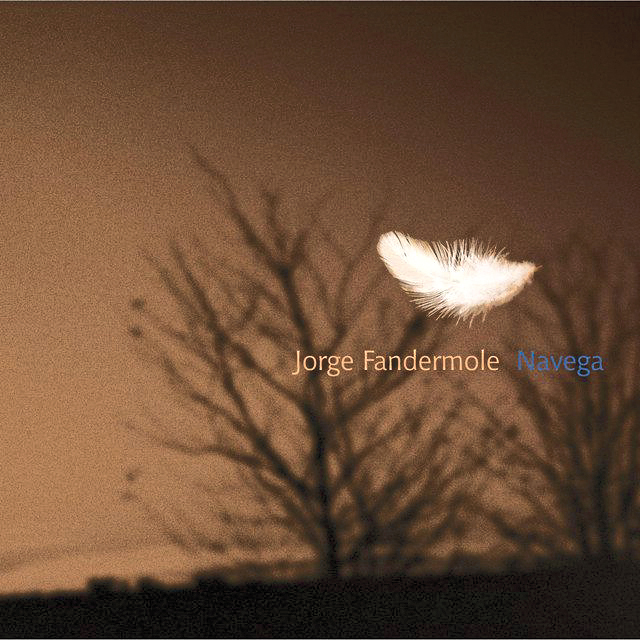
Navega
by Jorge Fandermole
Roeder’s playing in Jorge Fandermole’s longing “Oración del remanso,” featuring a tasteful variety of playing techniques, supports Rei’s powerful voice, which is perfectly strong, hopeful and wistful for this fishermen’s prayer to the Paraná River just north of the city of Rosario. Fandermole, one of the country’s finest songwriters, was also one of the founders of the Trova Rosarina popular music movement that emerged in that city in the early 1980s. The founding members, who came from various musical styles but shared a commitment to democracy and justice under the reigning dictatorship, became unlikely national stars after a seminal concert in Buenos Aires in 1982.
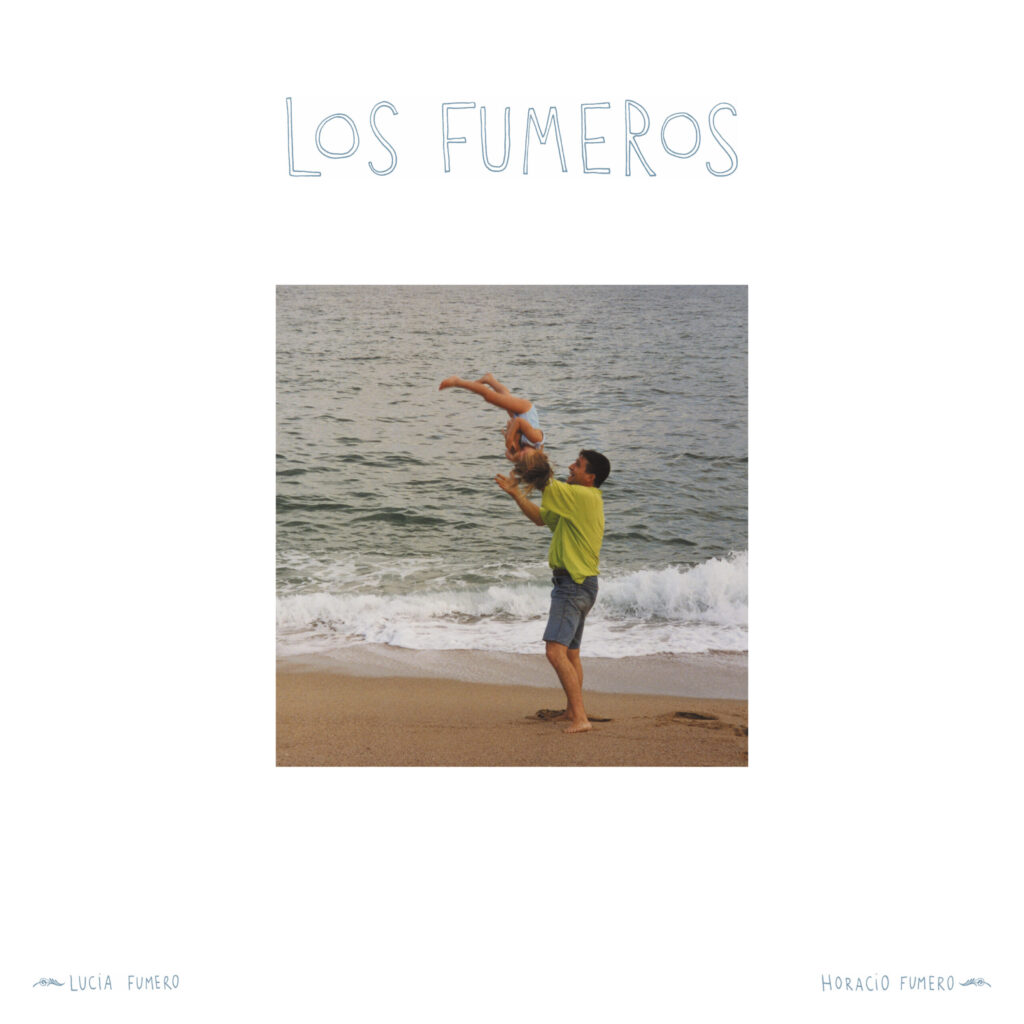
Los Fumeros
by Lucía Fumero & Horacio Fumero
In the same bass/voice format, the beginning of Horacio and Lucía Fumero’s version of Falú’s “Golondrinas” similarly concentrates the basic elements of the song. The Argentine father-daughter duo, consisting of Horacio, prominent jazz bassist who moved to Spain in the 1980s, and Lucía, budding pianist and singer born in Spain, released their debut album, Los Fumeros, in 2023. This is a collection of playful and sophisticated versions of Argentine folk classics and their original compositions. Among them is a jazzy version of “Golondrinas” in which the bass again takes on multiple roles, in particular that of a strummed guitar that serves as the main support to Lucía’s voice at the start of the piece, and is joined by her restrained piano part for the second half.
Listen to this AQ Playlist on Spotify.

